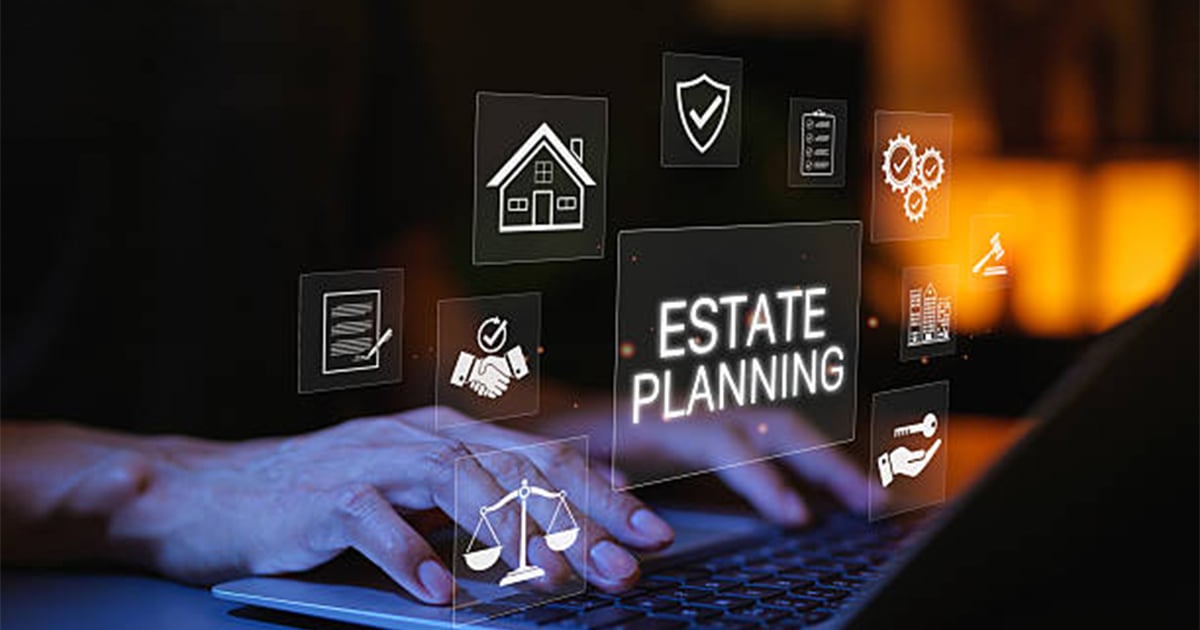Breaking Down the Basics of Banking


October Monthly Money Makeover: October Edition
Welcome back to Monthly Money Makeover, your go-to series for transforming your financial health and knowledge, one concept at a time. This month, we’re diving into something that seems straightforward but is often misunderstood: the basics of banking. Now, you might think, “I already know how to open a bank account, Dasha,” but stick with me. There are key details and strategies that many people overlook or don’t fully understand when it comes to selecting, managing, and optimizing a bank account.
When choosing where to bank, most people go for convenience or a brand they’ve heard of, without considering some of the deeper factors that can impact their financial wellness. Instead of thinking, “What bank is closest to me?” ask, “Does this bank align with my financial needs?” Consider things like:
Your bank account could hold hidden gems you’re not using. Here’s what many people miss:
You’ve probably seen the term FDIC-insured, but do you know what it really covers? Many people assume it means everything in their account is automatically safe. However, FDIC insurance covers only up to $250,000 per depositor, per bank, in case the bank fails. And it doesn’t cover investments like stocks, bonds, or mutual funds.
If you have investment accounts, make sure they’re under SIPC (Securities Investor Protection Corporation) protection, which is a different layer of protection designed to safeguard the securities in your investment accounts, not cash deposits.
Many banks offer overdraft protection, but it’s important to remember that it’s not always a benefit. Overdraft fees can add up fast, often costing you $35 or more each time you accidentally dip below your balance. Instead, consider opting out of overdraft protection, so your card is simply declined if there aren’t enough funds. This small adjustment could save you hundreds in unnecessary fees over time.
Digital-only banks have become increasingly popular with the rise of fintech, offering features like no-fee accounts, competitive interest rates, and streamlined, user-friendly apps. However, before making the switch, it is important to assess your personal banking needs. Consider whether physical branch access is something you value or if reliable customer service is your top priority. While digital banks can offer convenience and benefits, they may only suit some, especially if you prefer in-person interactions or require more immediate customer support.
Having a solid relationship with your bank can go beyond your day-to-day transactions. Here are a few things to consider when building a healthy relationship with your bank:
Lastly, think about how your bank can support your long-term goals. Whether you plan to buy a home, start a business, or save for a major purchase, your bank should work for you, not against you. Look for features like:
Your banking needs will change as your financial goals evolve, so you must review your accounts and services regularly. Don’t be afraid to switch banks if your current one isn’t meeting your needs—loyalty to a name shouldn’t come at the cost of your financial well-being.
The content provided is intended for informational purposes only. Estimates or statements contained within may be based on prior results or from third parties. The views expressed in these materials are those of the author and may not reflect the view of National Debt Relief. We make no guarantees that the information contained on this site will be accurate or applicable and results may vary depending on individual situations. Contact a financial and/or tax professional regarding your specific financial and tax situation. Please visit our terms of service for full terms governing the use this site.

High-net-worth clients and advisors are both facing the same challenge: how to better connect with the next generation. In fact,...

When voters think of student loan forgiveness, they often picture executive actions and legal battles. Under President Biden, student loan...

Eight years ago, I learned about the Holy Grail of Sports on a snow-covered hill in South Korea. Just above...